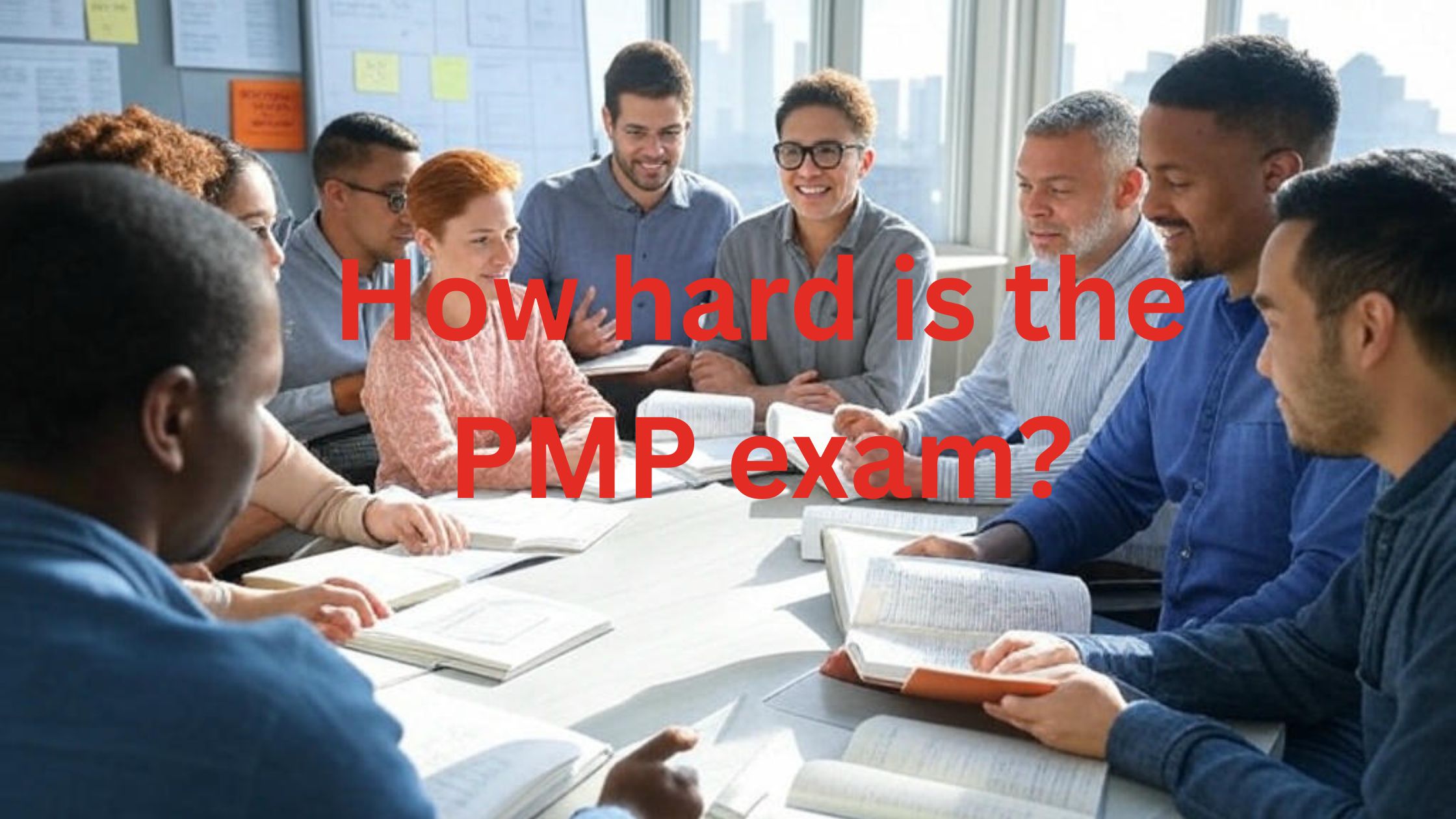How Hard Is the PMP Exam? A Comprehensive Guide for Aspiring Candidates in New York
The Project Management Professional (PMP)® certification is a gold standard in the project management industry, recognized globally for validating expertise and leadership skills. However, its reputation for rigor often leaves candidates asking: How hard is the PMP exam? While the answer varies, one thing is certain—adequate preparation is key. For professionals in New York, where competition is fierce and industries demand top-tier credentials, conquering the PMP exam can be a career game-changer. In this guide, we’ll break down the exam’s difficulty, share proven strategies to tackle it, and highlight local resources like PMP certification programs in New York to streamline your journey.
What Makes the PMP Exam Challenging?
1. Stringent Eligibility Requirements
Before even sitting for the exam, PMP candidates must meet strict prerequisites set by the Project Management Institute (PMI)®:
- Educational Background: A secondary degree (high school diploma or equivalent) with 60 months of project management experience, or a four-year degree with 36 months of experience.
- 35 Hours of Formal Education: Completing a PMP prep course (like those offered by NYC-based training providers) is mandatory.
These requirements ensure only seasoned professionals attempt the exam, raising the stakes for preparedness.
2. Extensive Exam Content
The PMP exam tests mastery across three domains:
- People (42%): Leadership, team dynamics, and conflict resolution.
- Process (50%): Technical project management methodologies like Agile, hybrid, and predictive approaches.
- Business Environment (8%): Aligning projects with organizational strategy.
Candidates must digest the PMBOK® Guide(7th edition) and Agile frameworks, making the syllabus vast and multifaceted.
3. Complex Question Formats
The exam includes 180 questions to be answered in 230 minutes, featuring:
- Multiple-choice questions.
- Fill-in-the-blank scenarios.
- Drag-and-drop matching.
- Hotspot (clickable image) questions.
Many questions are situational, requiring you to analyze real-world scenarios and select the best action, not just the correct one.
4. Time Management Pressure
With less than 1.5 minutes per question, pacing is critical. New York’s fast-paced work culture may help candidates adapt, but practice is essential.
Factors Influencing the PMP Exam Difficulty
1. Prior Project Management Experience
Hands-on experience helps contextualize study materials. NYC professionals in industries like construction, finance, or tech often have an edge due to exposure to complex projects.
2. Study Habits and Preparation Time
PMI recommends 35–100+ hours of study. Busy New Yorkers juggling work and prep may find this demanding, but structured programs can optimize learning.
3. Quality of Study Materials
Investing in updated resources—such as the PMBOK® Guide, Agile practice guides, and mock exams—is crucial. Local courses often provide curated materials aligned with PMI standards.
4. Test-Taking Strategies
Understanding PMI’s mindset (e.g., prioritizing communication and stakeholder engagement) is vital. Time-bound practice tests build confidence and speed.
How to Overcome the Challenges: Tips for Success
1. Enroll in a PMP Prep Course in New York
Structured training, like the PMP Certification in New York offered by NYTCC, provides expert instruction, study plans, and peer interaction. These courses often include 35 contact hours, fulfilling PMI’s requirement.
2. Join NYC Study Groups
Networking with local PMP candidates through Meetup groups or LinkedIn communities fosters accountability and knowledge-sharing.
3. Leverage Online Resources
Platforms like PMI’s online courses, mobile apps, and YouTube channels (e.g., Andrew Ramdayal) offer flexible learning.
4. Simulate Exam Conditions
Take full-length mock exams to improve stamina and identify weak areas. Aim for scores above 80% consistently.
PMP Exam Pass Rates: What You Need to Know
While PMI doesn’t publish official pass rates, third-party estimates suggest a 50–60% first-time pass rate. However, candidates who complete formal training and practice exams boost their odds significantly.
Why New York Professionals Should Pursue PMP Certification
- Competitive Edge: NYC employers in finance, tech, and healthcare prioritize PMP-certified leaders.
- Higher Earnings: PMP holders earn 20%+ more on average, according to PMI’s 2021 salary survey.
- Networking Opportunities: NYC’s vibrant PMI chapters host workshops and mentorship programs.
Conclusion: Turn Challenge into Opportunity
The PMP exam is undeniably tough, but not insurmountable. With disciplined study, strategic preparation, and access to New York’s robust training ecosystem—like the PMP Certification in New York—you can conquer this milestone. Remember, the difficulty of the exam reflects the value of the certification: a testament to your expertise and commitment to excellence.
Start your journey today by exploring local resources, enrolling in a prep course, and joining a community of driven professionals. The PMP credential could be your ticket to leadership roles in the heart of New York’s dynamic industries.

